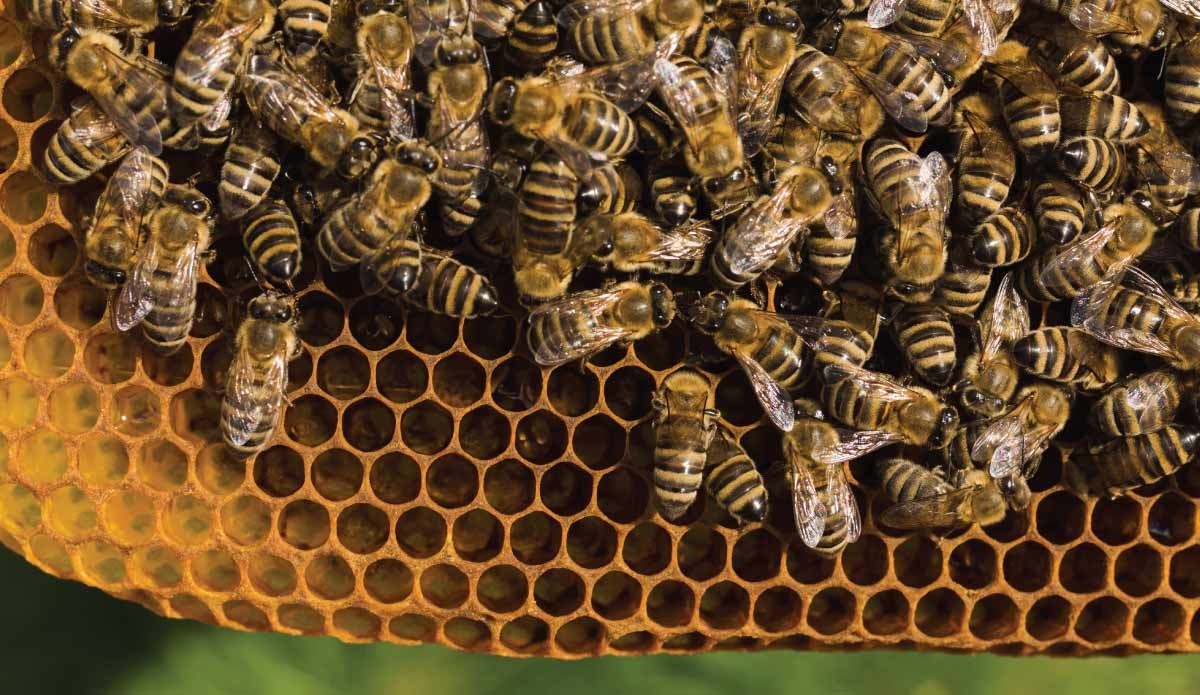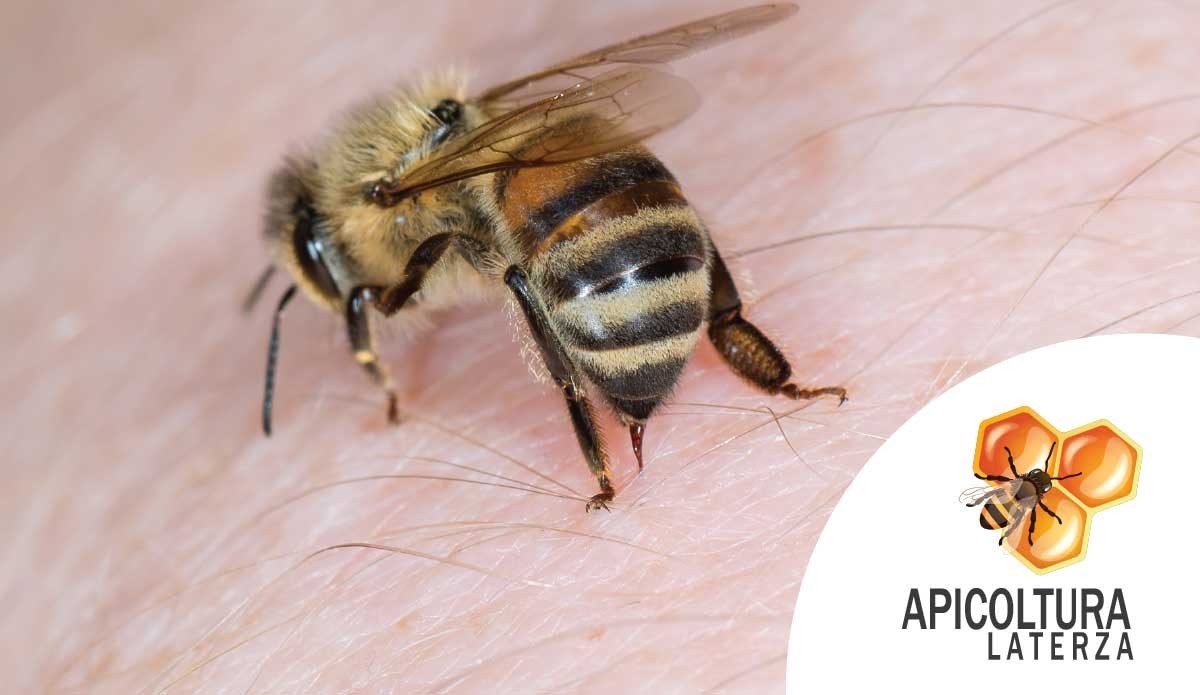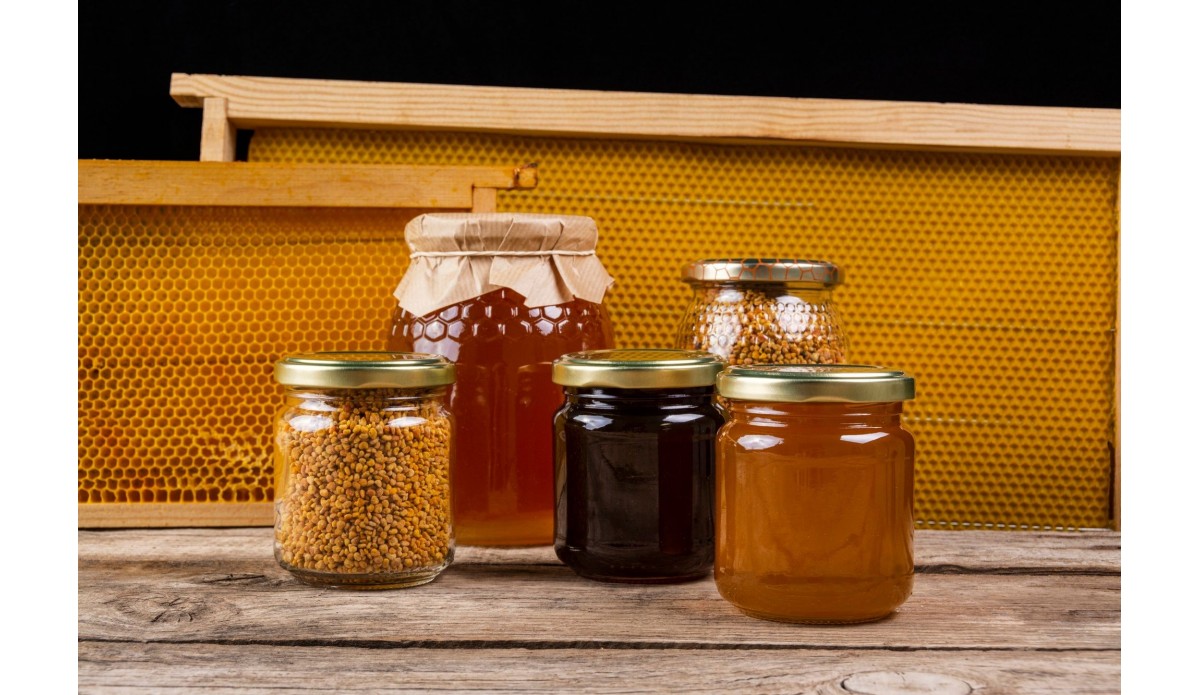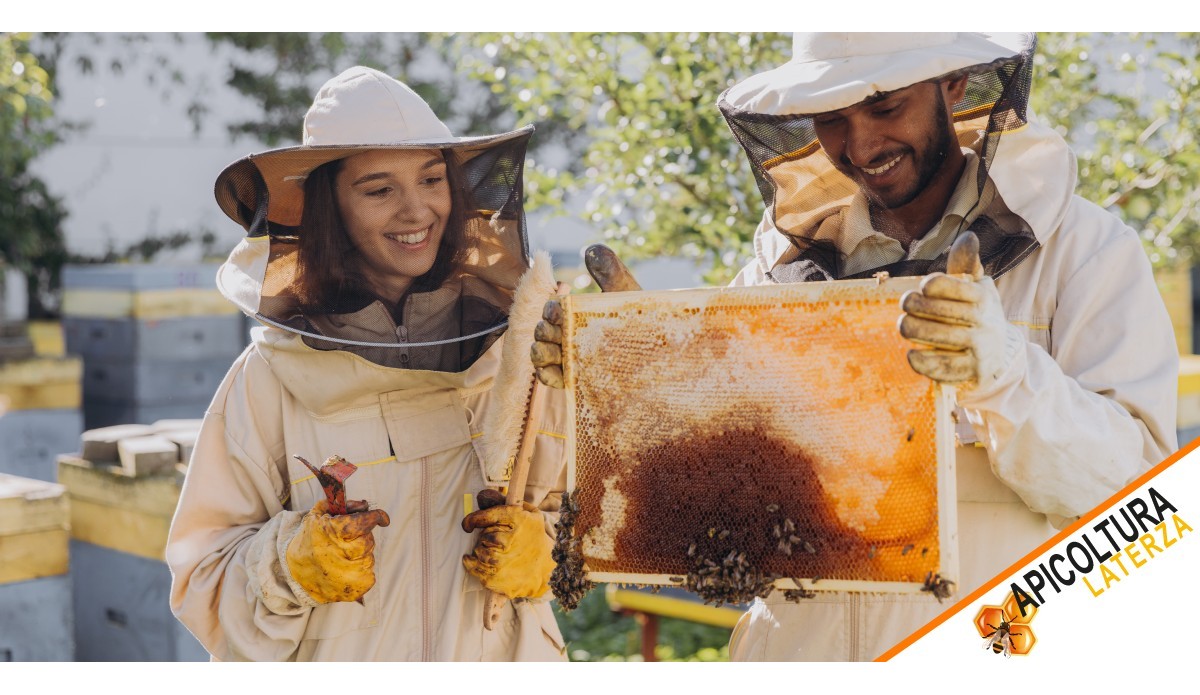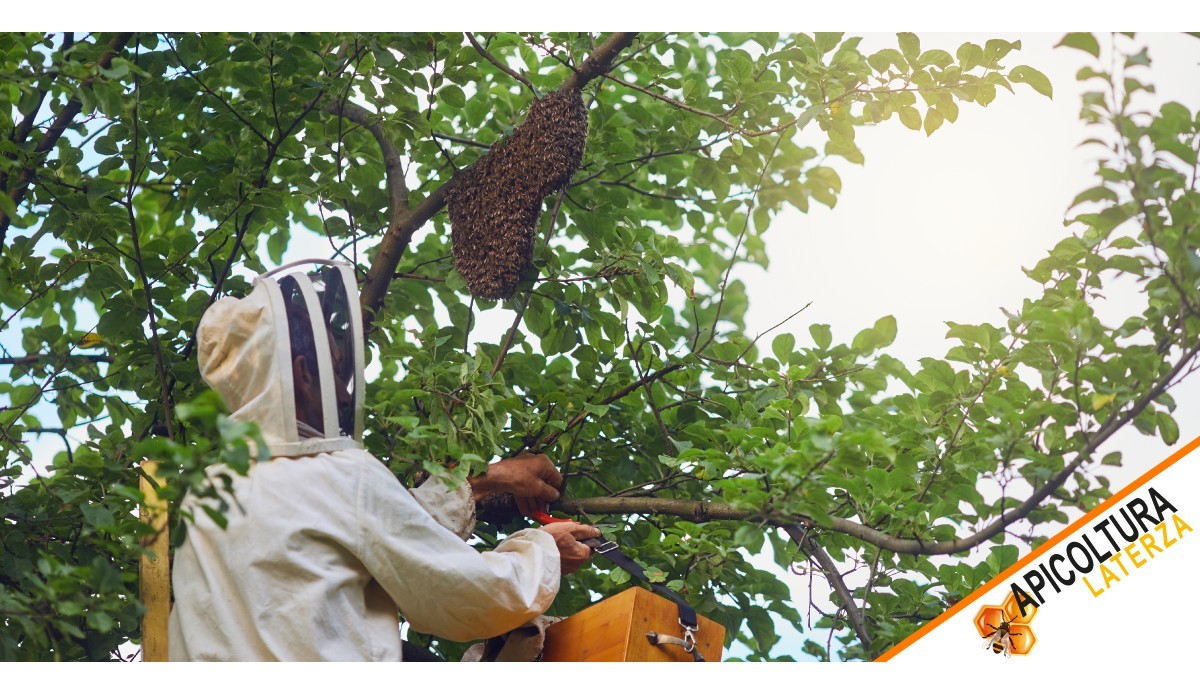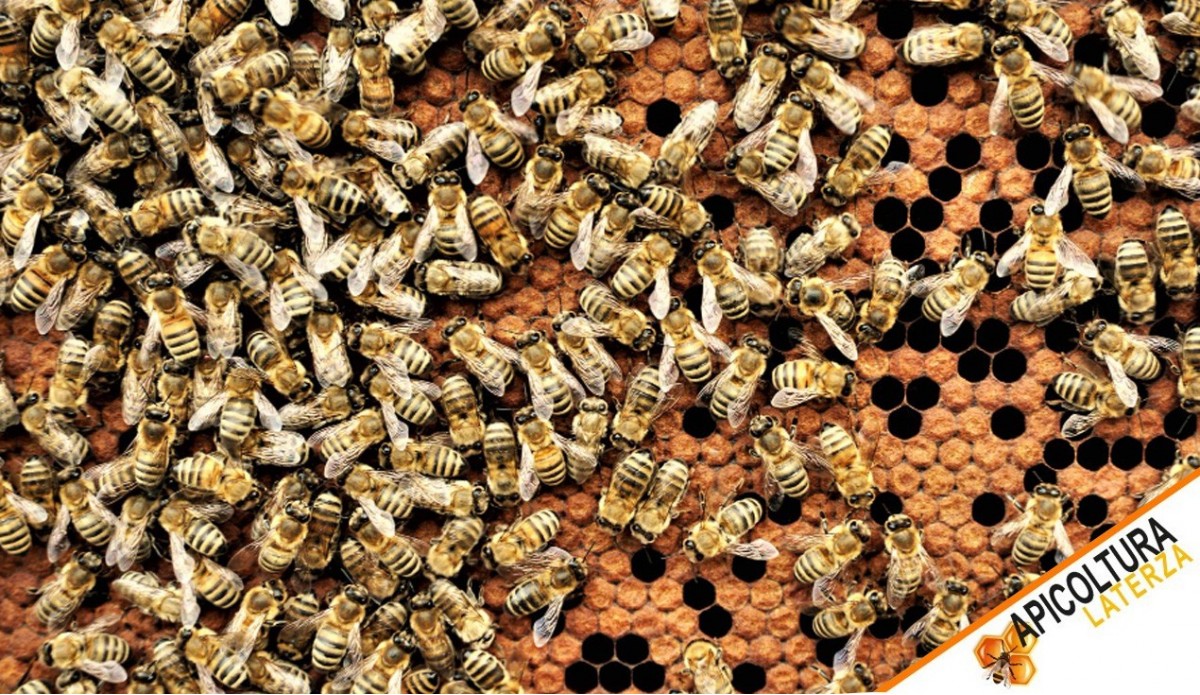Honey Benefits: Uses and Contraindications
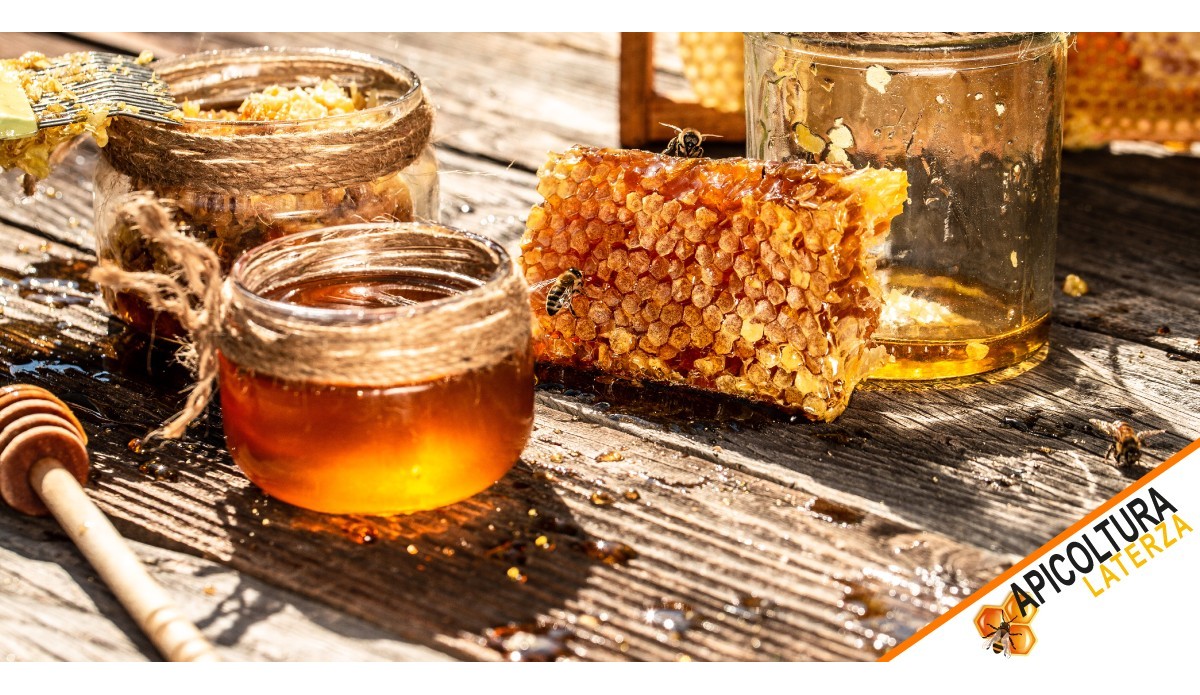
Honey has been one of the most appreciated foods by humans for centuries, thanks to its unique taste and beneficial properties. But what is honey used for? What are the actual health benefits of honey? And most importantly: is honey really good for you, or can it be harmful if consumed excessively?
In this article by Apicoltura Laterza, we will guide you through the features of honey, explaining what honey contains, its benefits and contraindications, and helping you understand whether eating honey daily is a good habit.
Honey has been one of the most appreciated foods by humans for centuries, thanks to its unique taste and beneficial properties. But what is honey used for? What are the actual health benefits of honey? And most importantly: is honey really good for you, or can it be harmful if consumed excessively?
In this article by Apicoltura Laterza, we will guide you through the features of honey, explaining what honey contains, its benefits and contraindications, and helping you understand whether eating honey daily is a good habit.
Honey: A Natural Food with Extraordinary Properties
Honey is a completely natural food, produced by bees from the nectar of flowers. Each type of honey has specific characteristics depending on its botanical and geographical origin, but in general, honey:
-
Is an excellent natural sweetener, suitable to replace traditional sugar in many recipes;
-
Contains numerous vitamins, including vitamin C, B-complex vitamins, and minerals such as calcium, potassium, iron, and magnesium;
-
Has antibacterial properties thanks to natural enzymes like hydrogen peroxide, which fight bacteria;
-
Provides quick energy due to its glucose and fructose content.
For these reasons, eating honey in moderate quantities can be beneficial to health.
What is honey good for?
The beneficial effects of honey are numerous. Among the main ones:
-
Sore throat: honey is one of the most common natural remedies to soothe an inflamed throat, thanks to its viscous texture and soothing properties;
-
Immune system: its antibacterial properties help the body defend against viruses and bacteria;
-
Digestive system: it helps regulate the intestines and protects the gastric mucosa;
-
Heart: it may help regulate blood sugar levels if consumed moderately, especially compared to refined sugar;
-
Brain: yes, honey is good for the brain! It provides immediate energy and contains antioxidants beneficial to the nervous system.
What does honey contain?
In detail, honey contains:
-
Natural sugars (fructose and glucose);
-
Vitamins (especially B group);
-
Natural enzymes;
-
Minerals like calcium, potassium, iron, and phosphorus;
-
Organic acids and antioxidant compounds.
This composition makes honey a nutritious food, though it should be consumed with care.
Properties and Benefits of Honey
Honey’s properties and benefits can vary depending on the type. For instance, acacia honey is particularly suitable for children and people with digestive issues, due to its delicate flavor and low glucose content.
General benefits include:
-
Antioxidant function;
-
Healing and antiseptic action;
-
Increased physical energy;
-
Immune system support;
-
Better sleep quality if consumed in the evening.
Is one spoon of honey a day good or bad?
Many wonder: is a spoonful of honey a day healthy or harmful? The answer is: it depends on the quantity and context. A teaspoon a day can provide useful energy and nutrients, but too much honey can be harmful. Despite being natural, honey contains simple sugars that can raise blood sugar levels—risky for diabetics or those with insulin resistance.
Eating Honey Daily: Pros and Cons
What happens if you eat honey every day? If limited to small amounts, it’s good for you. It aids digestion, improves memory, and boosts immunity. But beware: too much honey is harmful. Side effects may include weight gain, sugar spikes, and, in extreme cases, dental cavities.
Does a teaspoon of honey make you gain weight?
Not if consumed in moderation. However, it may contribute to weight gain if added to a diet already rich in sugars or consumed in excess.
Honey Properties and Contraindications
All foods have downsides too. Honey contraindications mainly concern:
-
Children under one year: honey may contain botulinum spores, dangerous for infants;
-
Diabetic individuals: due to its sugar content, it can raise blood glucose;
-
Allergies: rare, but some may be allergic to pollen in honey;
-
Overconsumption: may cause weight gain, sugar addiction, and dental issues.
Contraindications of Wildflower Honey
Wildflower honey is among the most popular types. However, it may have contraindications for those allergic to pollen or with digestive issues. In such cases, it’s better to choose a more delicate type like acacia honey.
Conclusion
Honey is one of nature’s most valuable foods. Its properties make it ideal as a natural sweetener with health benefits. However, like everything, it should be consumed in moderation to avoid side effects.
Apicoltura Laterza always recommends choosing high-quality Italian honey, preferably organic and traceable like ours. This way, you can enjoy all the benefits and be aware of the possible contraindications.

